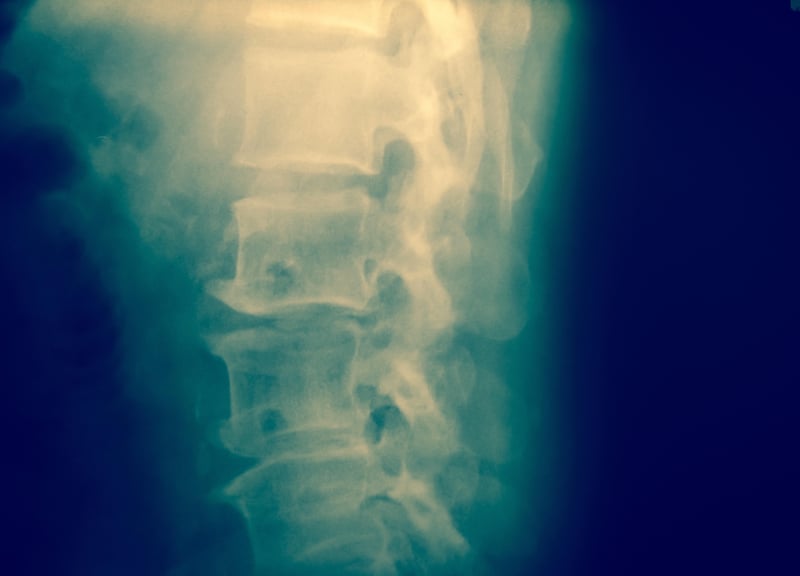Get Healthy!

- Cara Murez
- Posted May 30, 2023
Immune System Could Play Role in Spinal Cord Injury and Healing
Age blunts the immune system's ability to respond to spinal cord injuries, new animal research indicates.
But researchers working with mice also found that the membranes surrounding the spinal cord play a key role in the immune response to spinal cord injury, a discovery that might help people with these devastating injuries. They often leave patients with lifelong effects, including paralysis and the inability to control their bowels.
"Recently, it has been reported more aging individuals experience spinal cord injuries. Our findings suggest in aging, there is an impairment in how the immune response is initiated and resolved compared to young,"said researcher Andrea Salvador, who just received her PhD from the University of Virginia School of Medicine.
"Hopefully, our results can help identify points of intervention and druggable targets that can improve recovery and address long-term consequences of injury such as pain,"Salvador said in a university news release.
The research comes from the lab of Jonathan Kipnis, who discovered in 2015 that the brain is connected to the immune system by vessels that had not been thought to exist.
Before that, it was believed that the brain was walled off from the immune system.
In the new study, researchers determined that the membranes surrounding the spinal cord play an essential role in the immune response to spinal cord injury.
They found previously unknown meningeal lymphatic "patches"form above the site of spinal cord injuries.
More research is needed to determine exactly what these structures do, according to the authors.
The fact that they form, however, speaks to an important role for the spinal cord membranes in the immune response to injury.
The research team also quantified how immune cells respond to spinal cord injuries. This response was much stronger in young lab mice than in older ones.
This suggests that scientists may be able to target certain immune cells to improve recovery after spinal cord injuries, according to the study.
"This is an exciting finding and one which may indeed lead to new therapeutic approaches for spinal cord injury patients,"said Kipnis, now a professor at Washington University School of Medicine in St. Louis. "We are now collaborating with clinicians in a hope to better understand what is happening in human patients and how our findings could be translated to make a real difference."
The research was partly supported by the U.S. National Institutes of Health. The results were published recently in the journal Neuron.
More information
The U.S. National Institutes of Health has more on spinal cord injuries.
SOURCE: University of Virginia Health, news release, May 23, 2023






